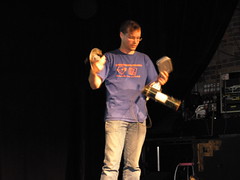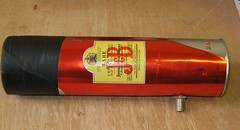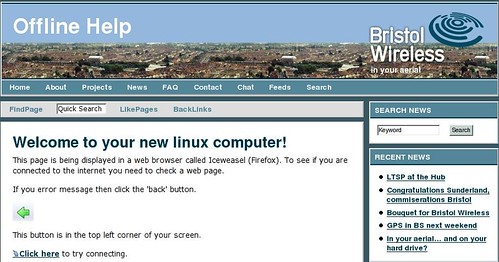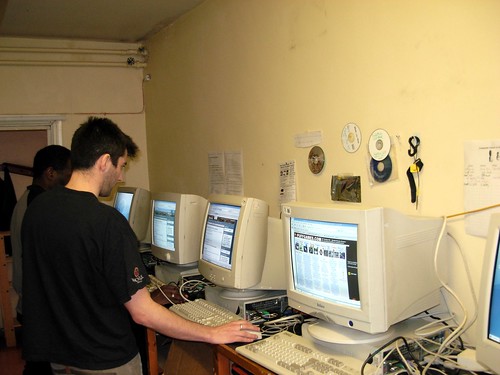Over 50? Use the net? Read on…
The Silver Surfer Awards 2007 are now open for entries, looking for outstanding internet users over the age of 50 across the UK. The awards, now in their 6th year, highlight older peoples’ contributions to cyberspace to inspire anyone thinking about using the internet or email for the first time (and if my Mum can master it at 73, there’s no reason you youngsters cannot – Ed.).
The annual awards, which are organised by Digital Unite (formerly Hairnet.org) and supported by BT, highlight remarkable Silver Surfers who prove you are never too old to learn. The awards are part of the 2007 Silver Surfers’ Day campaign, which is being promoted by jointly Digital Unite and Ofcom.
Emma Solomon, Managing Director of Digital Unite, said: “Internet skills are a vital part of everyday life and these awards celebrate those who are an inspiration to others to get online. Last year’s winner, 77 year old Jim Tuckwell from Andover in Hampshire, used his internet skills to work with local children on an anti-bullying campaign – an exemplary example of a Silver Surfer who uses the internet for the benefit of others.”
“We want to hear stories that will motivate others to have a go at getting online”, continued Solomon, “Whether it is about keeping in touch with family or friends abroad, sharing knowledge to help others get online, or using the internet to campaign for change in the local community, we want to hear your story.”
The Silver Surfer of the Year, and Silver Surfer Entrepreneur of the Year will each win a top of the range laptop and the Silver Surfer Event holder of the year will win £500 in IT vouchers. There will also be two Silver Surfer of the Year runners-up, who will each receive£250 in IT vouchers. The conditions and nomination forms for the awards are posted on the Silver Surfers’ Day site.
Research shows that young people often help or encourage Silver Surfers. To recognise their work, entries are being sought for the 2007 BT Internet Rangers awards – a nationwide hunt for young internet teachers.
Entry to the Internet Rangers awards is via the BT Internet Rangers website and can be either a short written submission, a podcast or a photo movie telling what the Internet Ranger is doing to help others get online. There will be 10 runners-up, who will each win a top of the range laptop, whilst the overall winner will receive a laptop and £250 of IT vouchers.
Candidates for the Silver Surfer Awards and BT Internet Ranger Awards can nominate themselves or be nominated by friends and family. The deadline for entries to the Silver Surfer Awards is 18 July 2007 and that for the BT Internet Ranger of the Year awards is September 1, 2007 respectively. In October 2007 Stephen Timms MP will host a special joint award ceremony for the lucky winners at the House of Commons.













